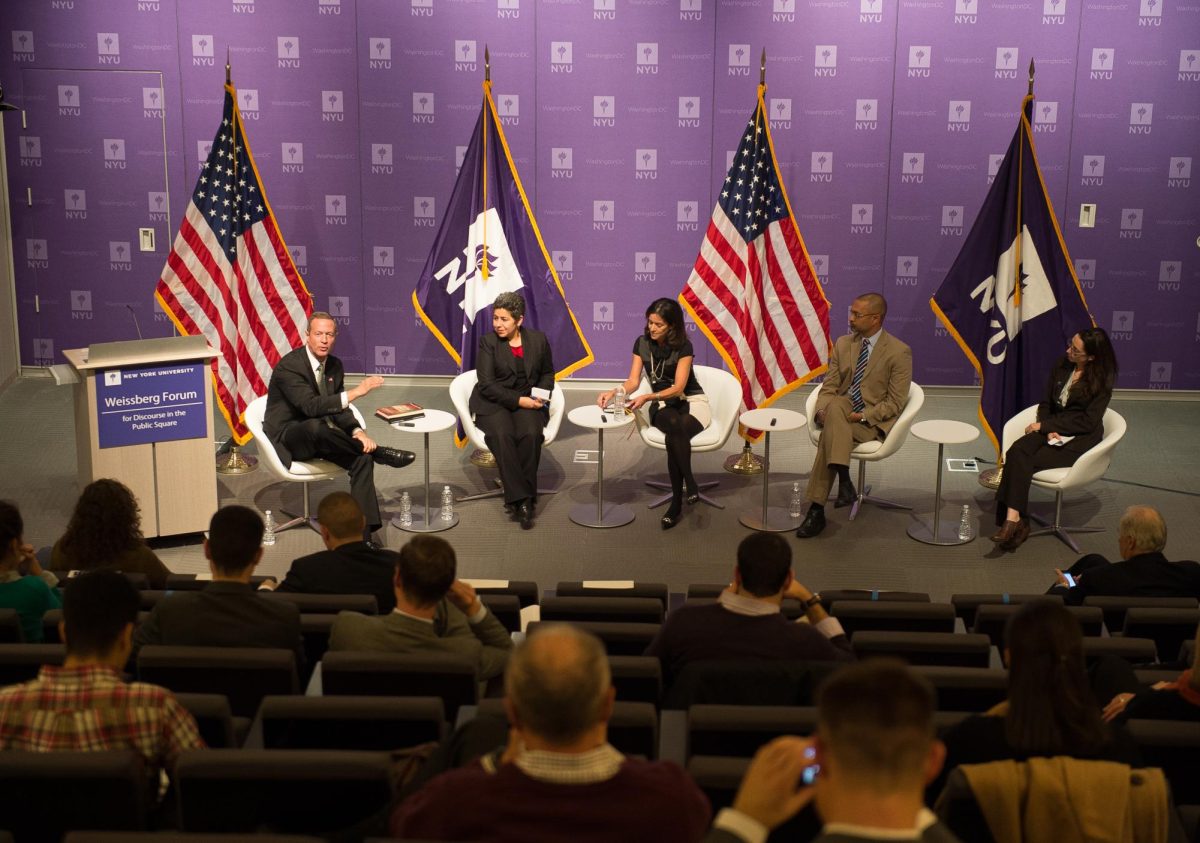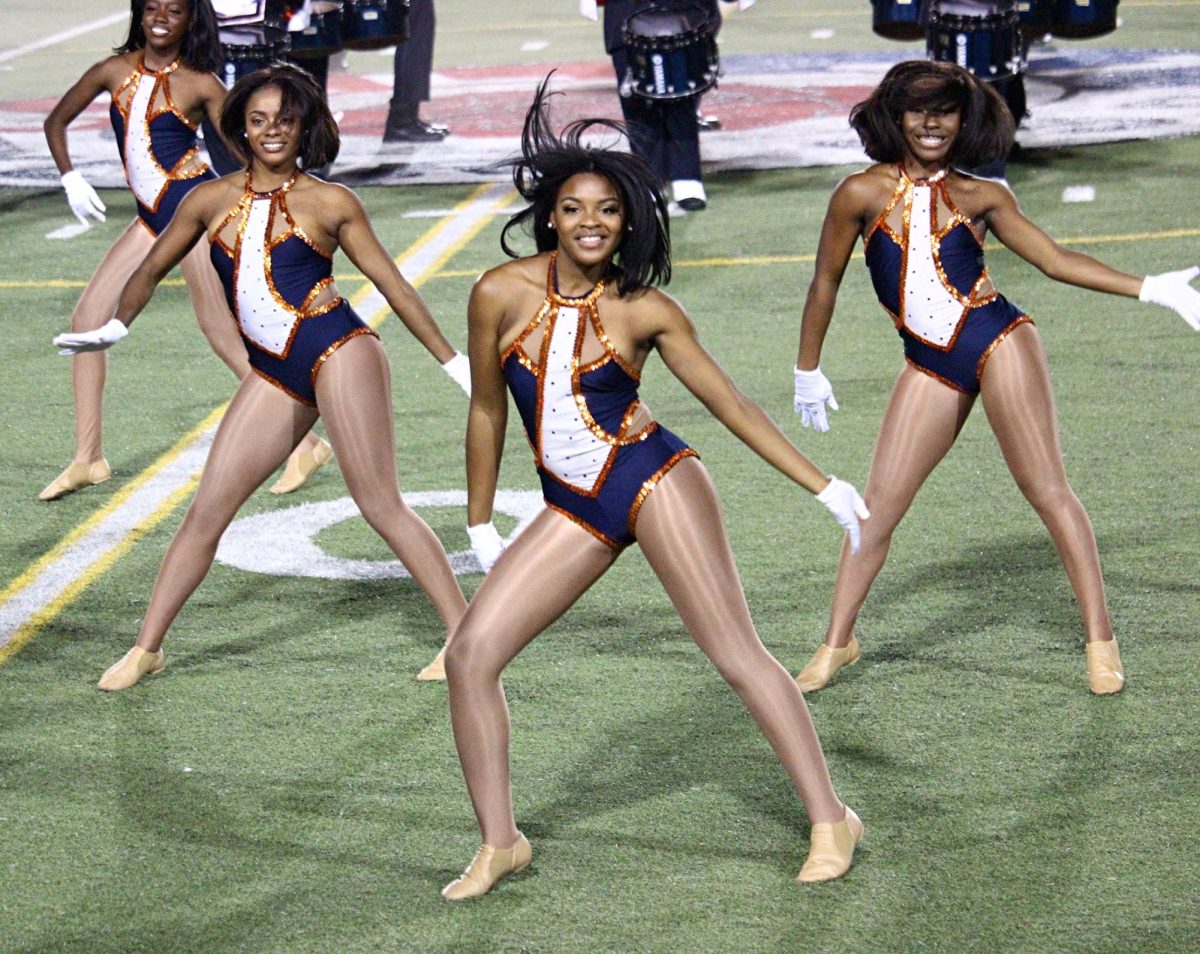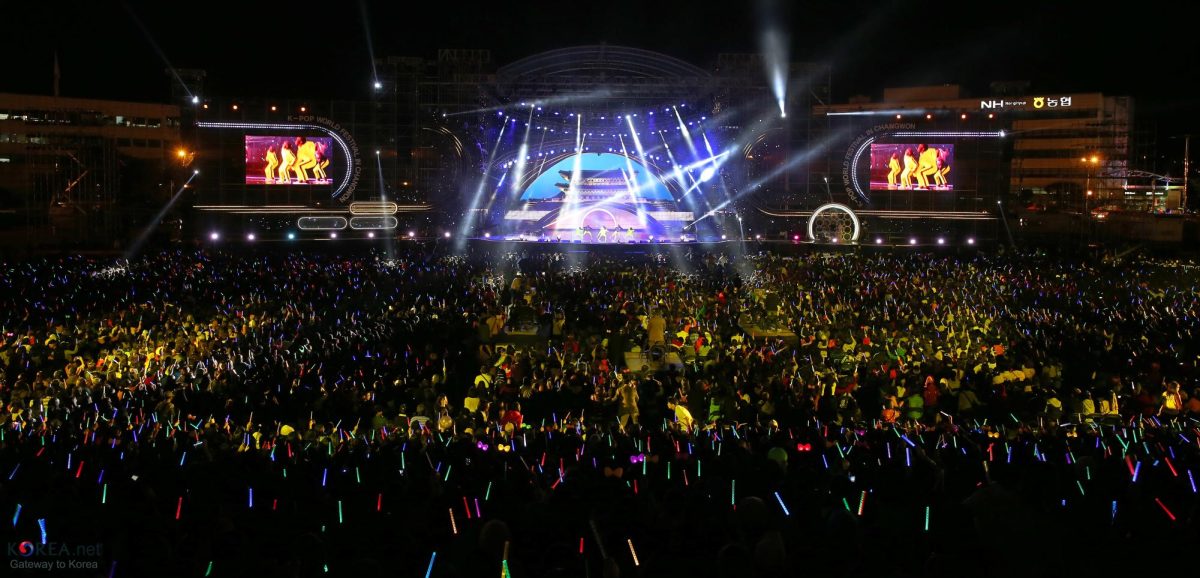Jillian Smith | Staff Writer
Black news has encompassed a variety of matters within the past couple of years.
In 2012, we lost Trayvon Martin and the man that killed him was acquitted.
Voters’ rights legislation was an ongoing issue throughout 2013 as a limitation on the usable ID threatened to take away the rights of many Americans.
A year later, 2014, was plagued by tragic losses, violent backlash and ever-increasing racial tensions, spilling over into the New Year. While the events mostly occurred on the eastern side of the nation, outrage rippled in waves throughout.
Things like New York’s ¨stop and frisk law,¨ and Alabama’s stop and search law provided means through which racial profiling was essentially legalized.
The most recent event, happening Feb. 20, a Sacramento, CA student was suspended for “willful defiance.¨ Dwayne Powe Jr., says he was just asking another student to borrow a pencil when the teacher told him to leave the class for disrupting.
We know the reasons behind racism, we know racism is not dead and will not die. It is so deeply ingrained in our nations past and present, we have been, until recently, fairly complacent with the progress that has been made so far.
It’s written that we all have equal rights under the law, but equal treatment under these laws has yet to be seen.
So all of this has happened to us, and we’ve reacted, and now we’re wondering: What’s next?
Some of the issues we are facing are so similar to what black Americans had to deal with prior to the Civil Rights Movement. Officers being acquitted after blatantly committing murder, such as the case with Eric Garner, is nothing new to the black community.
However, some issues are completely unique to our time, and those are the issues that obscure the message we want to send.
There are no obvious laws or concrete words to target this time. What we are battling is an ideology.
An ideology that includes stereotypes, prejudices and beliefs that continue to keep black Americans living as second-class citizens.
This is the new battlefield. Trying to combat thoughts and beliefs, however, is proving to be a challenge.
We need to rally around the idea that now, after we have gained legal equality, we need to work on gaining social equality through changing the way we think and relate to each other.
Have you ever looked at someone and assumed something about them (keep it 100!)? That’s what happens everyday to millions of black Americans.
The first step in gaining social equality is admitting to and understanding that everyone makes snap judgments, casts someone in a stereotype or attributes some specific quality to them.
What we need to do now is make sure that these judgments do not guide our decisions and actions. Actively encouraging yourself and others to do this can make a major difference in open mindedness and perspective on other cultures, religions and yes, races.






